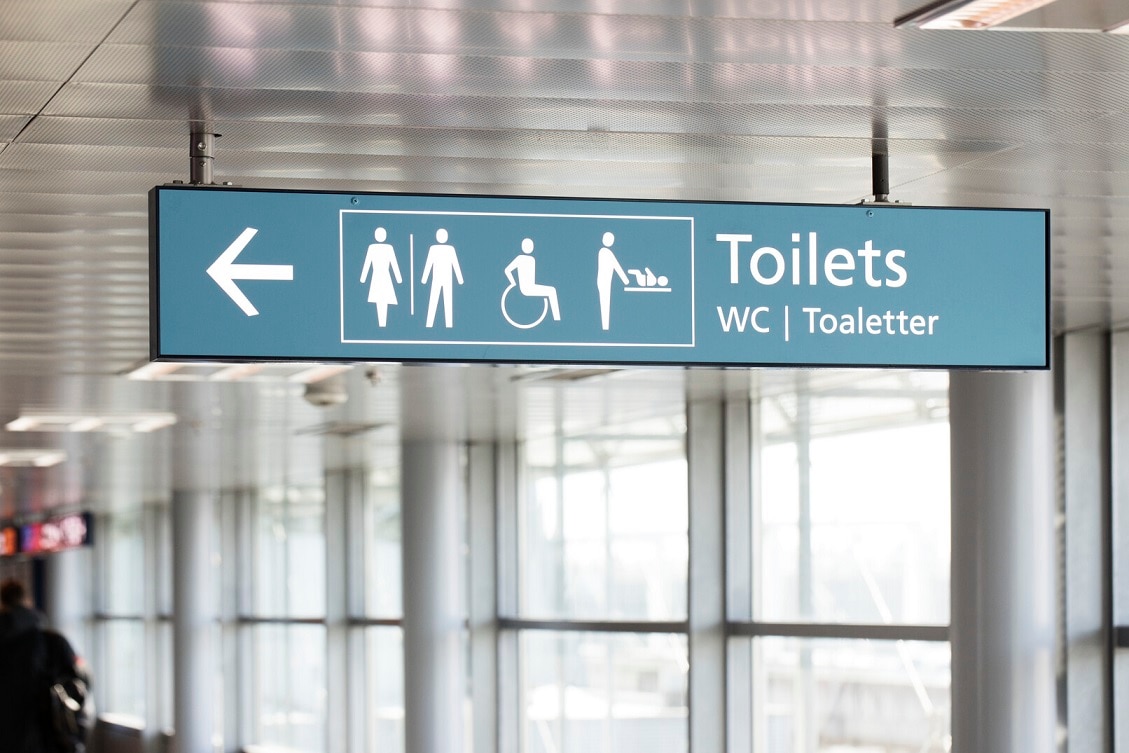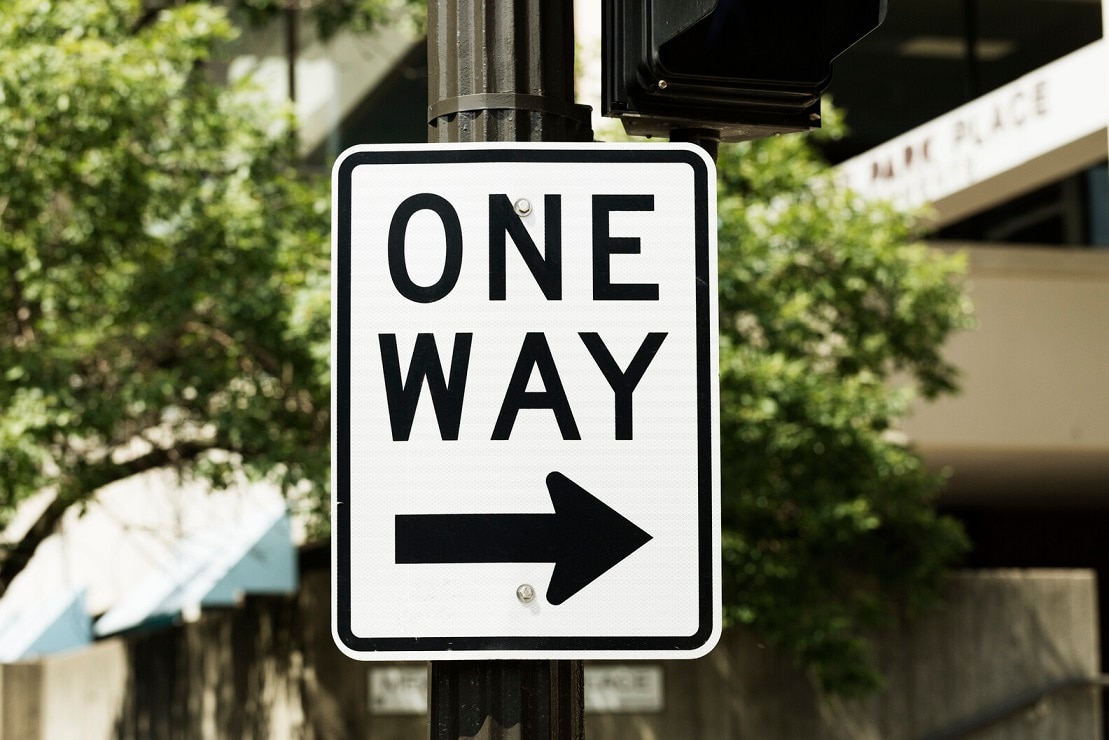Travel advice when using a catheter
Clothes
- Wear something loose and comfortable if you need to sit for a long time in an uncomfortable and narrow airplane seat.
- Choose something with dark colours in case of leaks.
- Select clothing that is easy to open or change. Women may prefer a skirt, which is easier to pull up.
- Choose trousers or a jacket with pockets for catheters.
- Choose a hotel with a laundry service in case you should need it.
Companion
If you travel with your family, they may already know about your condition. That might not be the case if you travel with a friend or colleague. Consider whether it is better to tell your travelling companion about your situation – you might need their understanding, flexibility, or even help during the trip. It is far easier to tell them in advance instead of in the middle of a difficult situation.
Doctor
Share your travel plans with your doctor or nurse well in advance. You may need special medication or alternative products whilst travelling. You may also need their advice regarding some of your planned activities.
Food and drinks
Often a change in environment and routine affects our digestion. Avoid constipation and dehydration, which can worsen your bladder problems. Make sure to drink enough water (avoid too much caffeine and sweet drinks) and try to eat food which is high in fibre. If you are not sure about the quality of the drinking water, buy bottled water.

Bathrooms
- If you travel by plane, request an aisle seat near the bathrooms when you book your flight.
- Check out all the places you want to visit - restaurants, shops, theatres, museums, or landmarks - to see if they have bathrooms – especially if you need a wheelchair-friendly one.
- Also check if it is common to pay a fee for using bathrooms and make sure you have small change in local currency on you.
- Learn the word for bathroom in the local language – also the pronunciation, or simply carry a piece of paper with the word written on it. You can also use the WheelMate app for smartphones to locate the nearest public bathroom.
- If you have a disability, it might be possible to get a card which you can show at restaurants, shops, or other businesses if you urgently need to use their bathrooms without being a customer. This can be helpful for you when there are no public bathrooms in sight. Ask your doctor or patient association about it.
Security check
Plan your visits to the bathroom. If you travel by airplane, catheterise as close to boarding as possible. Plan all other bathroom visits during your stay, allowing time before or after an event. Set a watch or phone alarm if you worry that you might forget when it is time.

Schedule
Ask for a private screening by the security staff if you feel uncomfortable walking through the screener, as they may pick up pads or other medical devices in front of everyone else.
Smart kit
Pack a small bag with all the things you need for catheterisation or in case you have an ‘accident’. Depending on your needs, you may want to pack:
Catheters (always pack extra)
- Extra underwear and maybe extra clothing
- Disposable gloves
- Wet wipes/ towelettes
- Antibacterial gel or hand wash
- Hand-held mirror
- Plastic bags (for used accessories, used catheters or wet garments)
- Pads
- A bottle of water
- Paper towels or tissues

